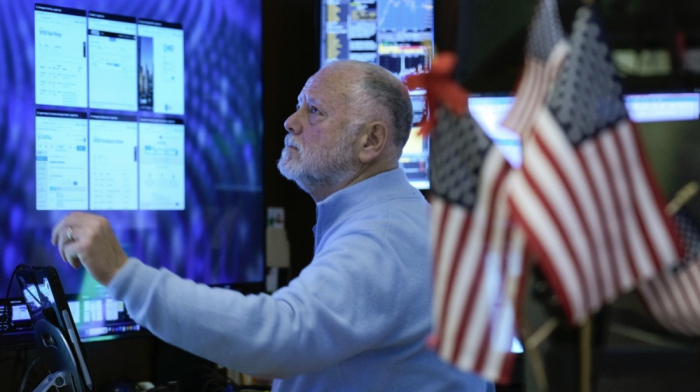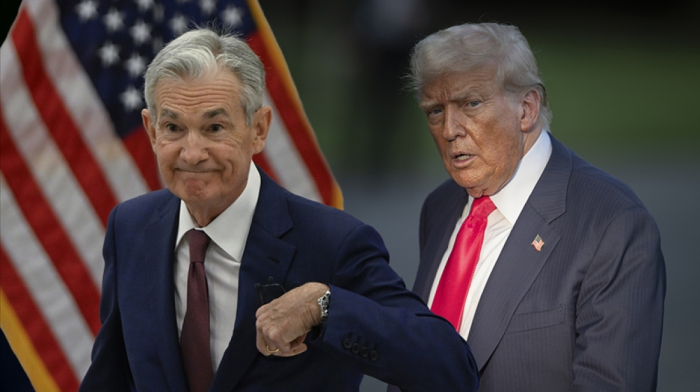EXPLAINER - What is de-dollarisation, and could it really reshape global finance?
De-dollarisation, the move away from the U.S. dollar in global trade and finance, is no longer a fringe idea. As geopolitical tensions rise and new financial tools emerge, could this shift really transform the global economy?



















